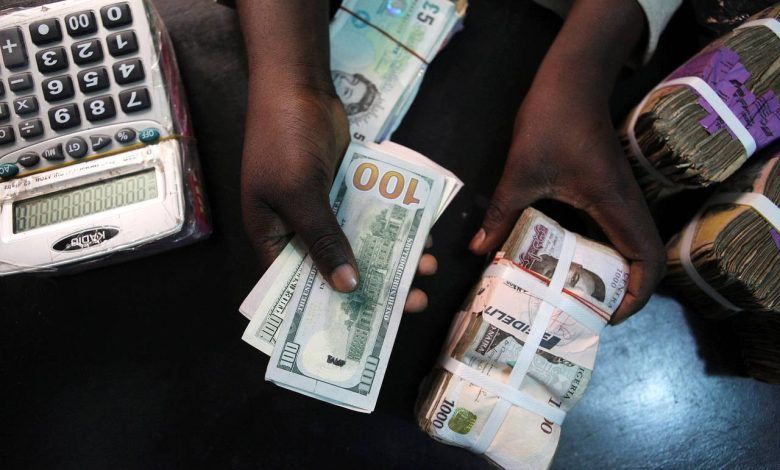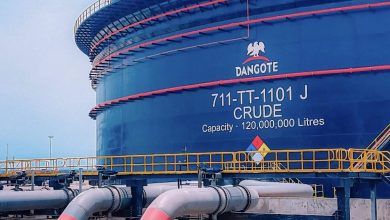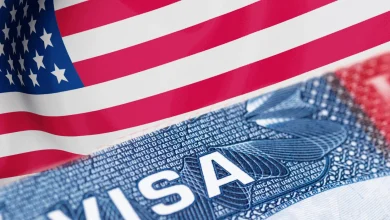Naira Poised to Strengthen Further as Middle East Crisis Lifts Oil Prices

Amid escalating tensions between Israel and Iran, global oil prices have surged—bringing a potential economic windfall for Nigeria and giving the naira a fresh boost in the foreign exchange market.
The naira closed the week stronger, appreciating to ₦1,549.35/$1 at the official market, according to data from the Central Bank of Nigeria (CBN).
This marked a modest gain from the ₦1,553/$1 opening earlier in the week, with intra-week trades even touching ₦1,537/$1, despite the absence of major FX inflows from the apex bank.
This upward momentum coincides with rising global crude prices, a trend analysts say could help further stabilise Nigeria’s volatile currency.
The geopolitical crisis in the Middle East has sent Brent crude prices soaring by over 5%, briefly breaching $80 per barrel before settling around $78.62 on Friday. Nigeria’s Bonny Light blend also traded at $78.62, comfortably above the federal government’s 2025 budget benchmark of $75 per barrel.
Crude oil, which accounts for over 80% of Nigeria’s foreign exchange earnings, remains a critical lever for the nation’s macroeconomic stability. With the budget targeting over 2 million barrels per day (including condensates), the recent price spike is expected to boost oil revenues and improve Nigeria’s balance of payments.
“The spike in oil prices is good news for Nigeria,” said Olufemi Idowu, Partner at Kreston Pedabo. “Every dollar earned above the $75 benchmark strengthens our fiscal position and helps ease pressure on the naira.”
He added that the crisis presents a rare opportunity for Nigeria to stabilise its currency, provided it can ramp up production and maintain peace in the Niger Delta.
“If Nigeria can meet its OPEC quota and maintain calm in the oil-producing regions, this could translate into stronger FX reserves and lower exchange rate volatility,” Idowu noted.
As part of its broader currency stabilisation strategy, the Central Bank injected $580 million into the FX market in May 2025, aiming to boost liquidity and shore up the naira amid external and domestic pressures.
The coordinated intervention appears to be yielding results, with the naira staging a slow but steady recovery over recent weeks. Market analysts expect this trend to continue if oil prices remain elevated and the CBN sustains its market support.
The conflict in the Middle East intensified over the weekend, with Israel reportedly striking Iran’s South Pars gas field—a critical energy infrastructure.
Iran has responded with threats of escalation, raising concerns over possible disruptions in the Strait of Hormuz, a chokepoint for one-third of global oil shipments.
JP Morgan, in its latest forecast, projects oil prices could rise to $120–$130 per barrel in a worst-case scenario involving prolonged military conflict or closure of key supply routes.
While Nigeria could benefit from the rising oil price, experts warn that sustained gains will depend on the country’s ability to increase actual oil output, reduce crude theft, and improve security in the Niger Delta.





